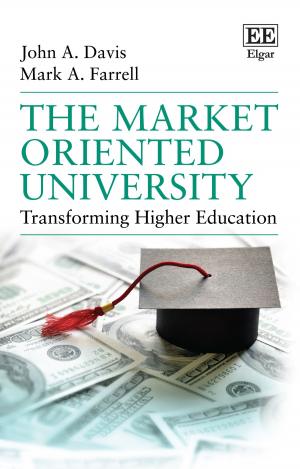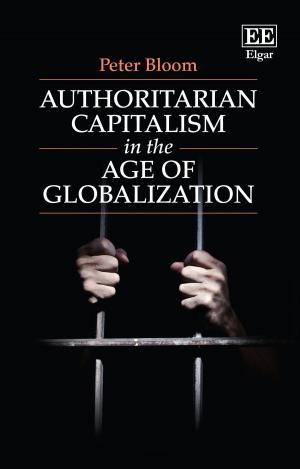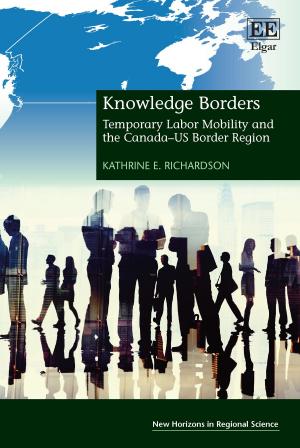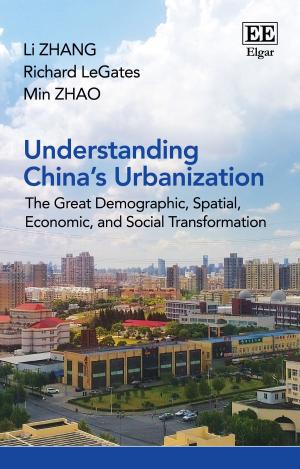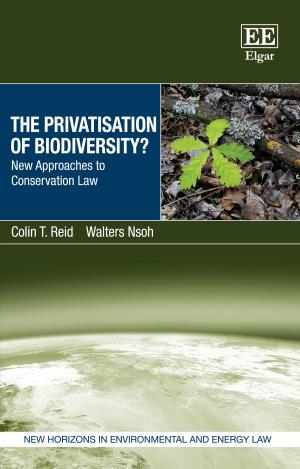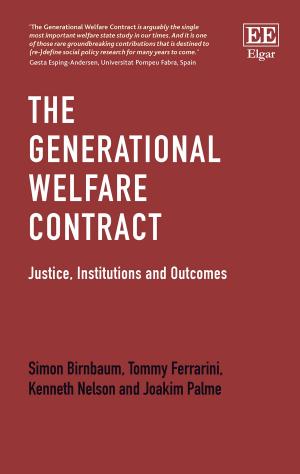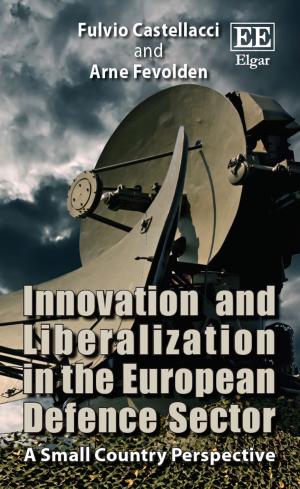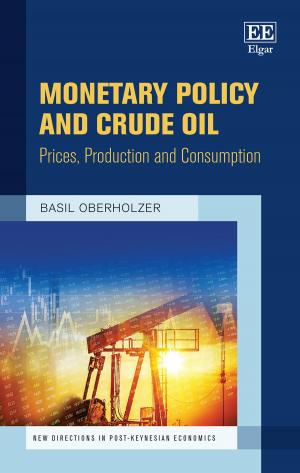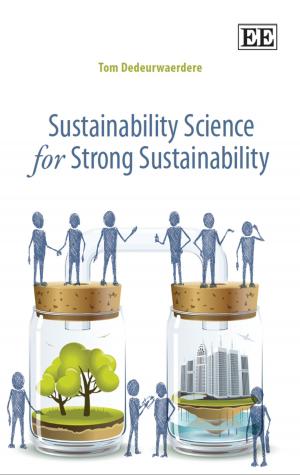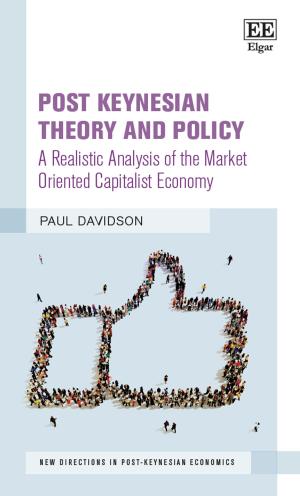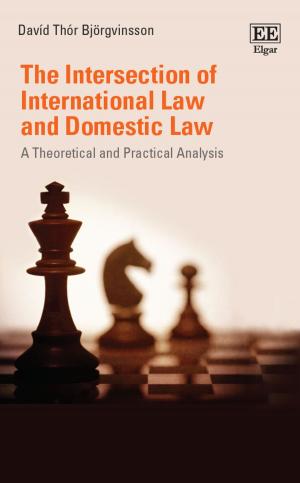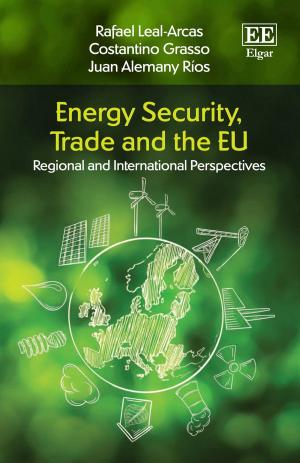From Uneconomic Growth to a Steady-State Economy
Business & Finance, Economics, Nonfiction, Science & Nature, Nature| Author: | Daly, H.E. | ISBN: | 9781783479979 |
| Publisher: | Edward Elgar Publishing | Publication: | December 15, 2009 |
| Imprint: | Language: | English |
| Author: | Daly, H.E. |
| ISBN: | 9781783479979 |
| Publisher: | Edward Elgar Publishing |
| Publication: | December 15, 2009 |
| Imprint: | |
| Language: | English |
In this important book, Herman E. Daly lays bare the weaknesses of growth economics and explains why, in contrast, a steady-state economy is both necessary and desirable. Through the course of the book, Daly develops the basic concept and theory of a steady-state economy from the 1970s limits to growth debates. In doing so, he draws on work from the classical economists, through both conflicts and agreements with neo-classical and Keynesian economists, as well as recent debates on uneconomic growth. Editorial-style policy essays substantiate Daly’s argument and he provides specific application of steady-state economics to important current issues, including monetary reform, tax reform, international trade and population. The book also includes discussion and critique of ethical, as well as biophysical, presuppositions of growth. From Uneconomic Growth to a Steady-State Economy is essential reading for academics, students and researchers in the fields of ecological economics, environmental studies, economic development, resource economics and public policy.
In this important book, Herman E. Daly lays bare the weaknesses of growth economics and explains why, in contrast, a steady-state economy is both necessary and desirable. Through the course of the book, Daly develops the basic concept and theory of a steady-state economy from the 1970s limits to growth debates. In doing so, he draws on work from the classical economists, through both conflicts and agreements with neo-classical and Keynesian economists, as well as recent debates on uneconomic growth. Editorial-style policy essays substantiate Daly’s argument and he provides specific application of steady-state economics to important current issues, including monetary reform, tax reform, international trade and population. The book also includes discussion and critique of ethical, as well as biophysical, presuppositions of growth. From Uneconomic Growth to a Steady-State Economy is essential reading for academics, students and researchers in the fields of ecological economics, environmental studies, economic development, resource economics and public policy.

